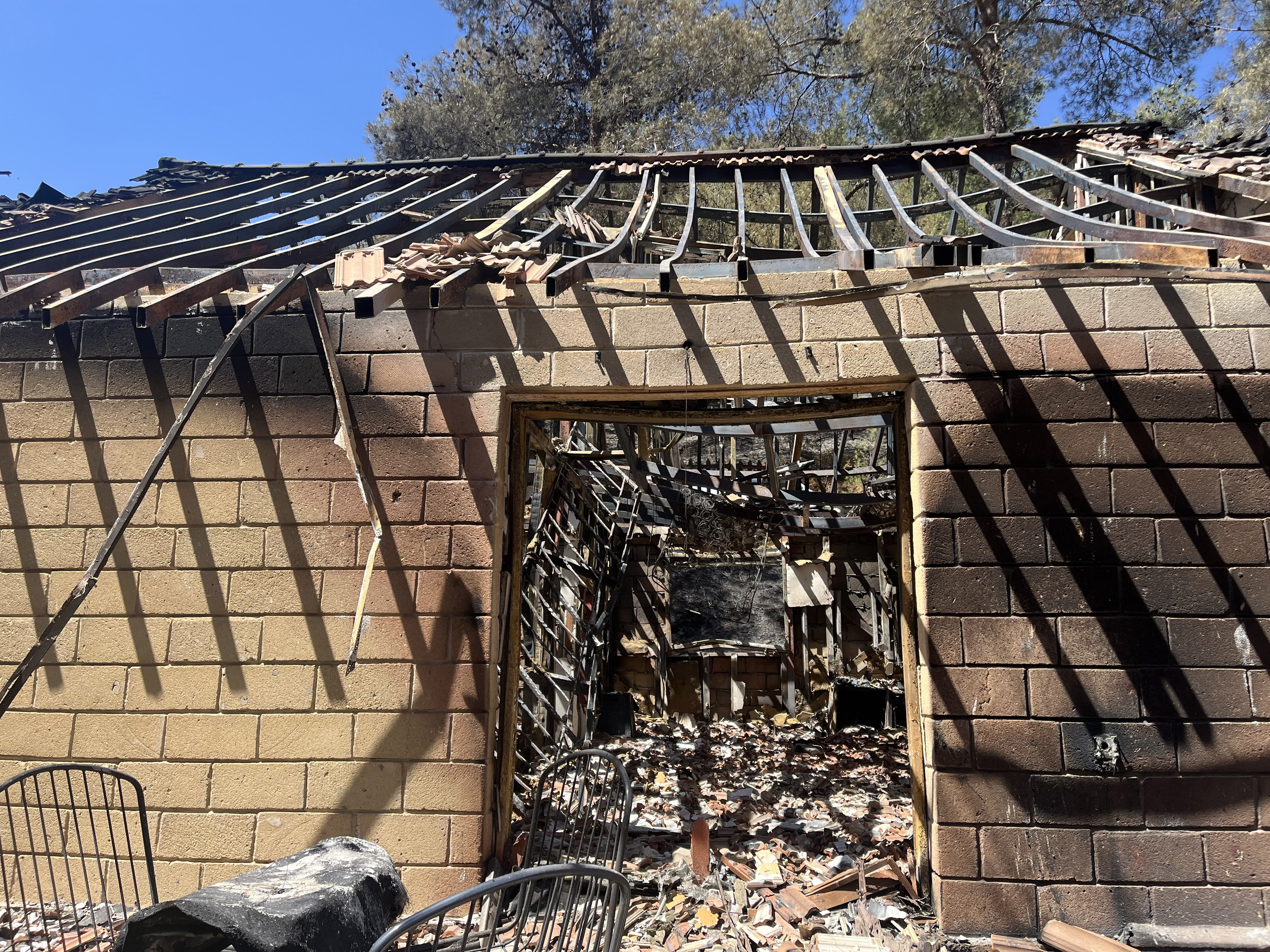The farmers’ association on Tuesday warned of huge price hikes in fresh produce if no action is taken to help farmers cope with rising temperatures and protect crops and livestock from fires.
Speaking to Cybc radio, General Secretary of the farmers’ association Panicos Hambas said that the recent fires in Farmakas have damaged a considerable amount of fruit trees in the area but also a lot of agricultural infrastructure like generators.
Unless an advance payment scheme is drawn up to help local farmers, it will be extremely difficult for them to bounce back from this, Hambas said.
“Farmakas is a key player in Cypriot agriculture,” he said, adding that “sometimes the price of tomatoes is set by Farmakas and Pareklisia”.
This means that farmers in those areas need a boost so they can start planting again and get ahead of any losses in the market.
Hambas also mentioned that aside from the fires, the heat has been a huge problem for black eyed pea growers as cultivations have been damaged by the heat.
As the specific pulse is almost a staple for many households, demand will stay the same and its already inflated price will go up, he warned, adding that this is likely to happen for all produce.
Another example he mentioned was watermelons, pointing out that even in areas that have recently entered the market, like Kiti, there has been a trend of diminishing quantity and quality.
“We are bracing for unreal prices,” he warned.
“In politics, as in science, you need to make predictions. Fifteen, 20 years ago, when the environment department was saying that Cyprus is heading towards desertification, shouldn’t the government have drawn up plans to manage agricultural land and redistribute abandoned farming areas in the foothills of Troodos?”
Extreme temperatures are also affecting animals, Hambas said, explaining that dairy farms are suffering, with milk production falling dramatically as animals die from the heat.
He said that farmers are discussing installing air coolers to farms to keep livestock alive.
“Essentially we live in a greenhouse, and now the fires have come in and made everything worse,” he said.
“The fires have created a barren landscape from Choulou to Farmakas, and the lack of trees is making temperatures rise even further,” he pointed out.
In Astromeritis, the temperature has increased by 4C because the local citrus fruit plantations have been removed from the area, he added, stressing that “this is unacceptable”.
Hambas said the farmers’ association has been in talks with the government to find solutions to revitalise rural areas.
“We need to bring life back to the countryside, but for that to happen, we need to retain and attract the youth to these areas,” he said.
“This will only be possible with better infrastructure, schools, medical centres, recreation and other incentives”.
He also pointed out that Astromeritis, Athienou and Peristerona have experienced the highest temperatures on the island and as such the only solution is to plant more trees.
To this end, farmers are participating in a European scheme to plant 13,000 olive and carob trees, which will also be surrounded by herb bushes which will help retain moisture, filter and cool the air.
Hambas also mentioned the village of Solia, outside Nicosia, which used to be an agricultural area but has since been abandoned.
“It is next to Karkotis river, which flows all year long…why not take advantage of this with some incentives to cultivate this land once more? Produce quality and prices will improve, and the cultivated land will help protect Troodos from fires,” he said.
He went on to explain that during the recent fires, it was observed that where there were vines and cultivated land, “the fire literally went around them”.
He also mentioned that in 2010 there was a proposal to surround Troodos with vineyards, which would have a twofold benefit as it could lead to wine production through incentives, while also protecting the mountain from wildfire spreads.
Another solution farmers have been pushing for is letting livestock graze in the forest because they eat the dry grass and prevent fire from spreading.
“But this is the issue,” he said, “instead of pre-empting these disasters through incentives, we let them happen and pay damages after the fact.
“We need tangible solutions and soon, because otherwise, we’ll only wake up when louvi (black eyed peas) costs €8, when people will be going to the supermarket to buy just a slice of watermelon, three tomatoes, three cucumbers…”







Click here to change your cookie preferences